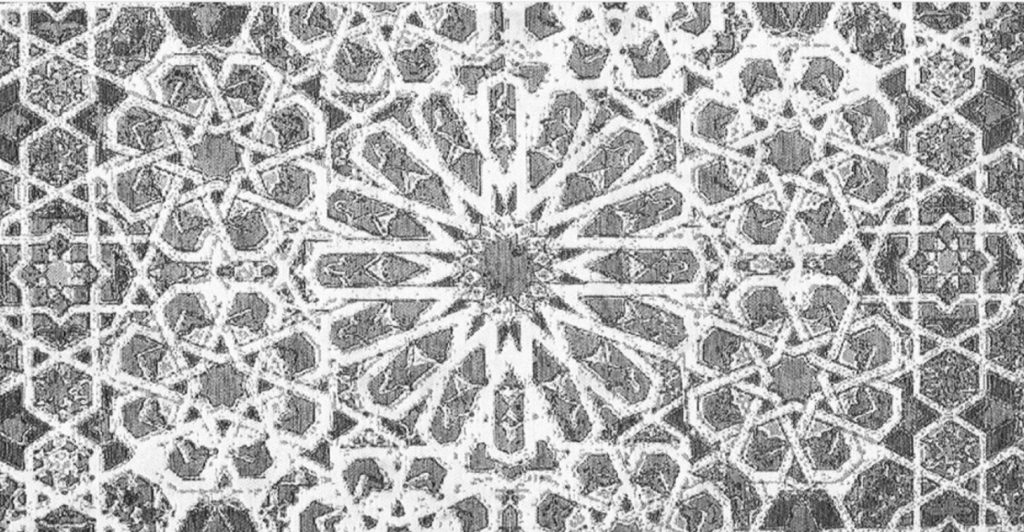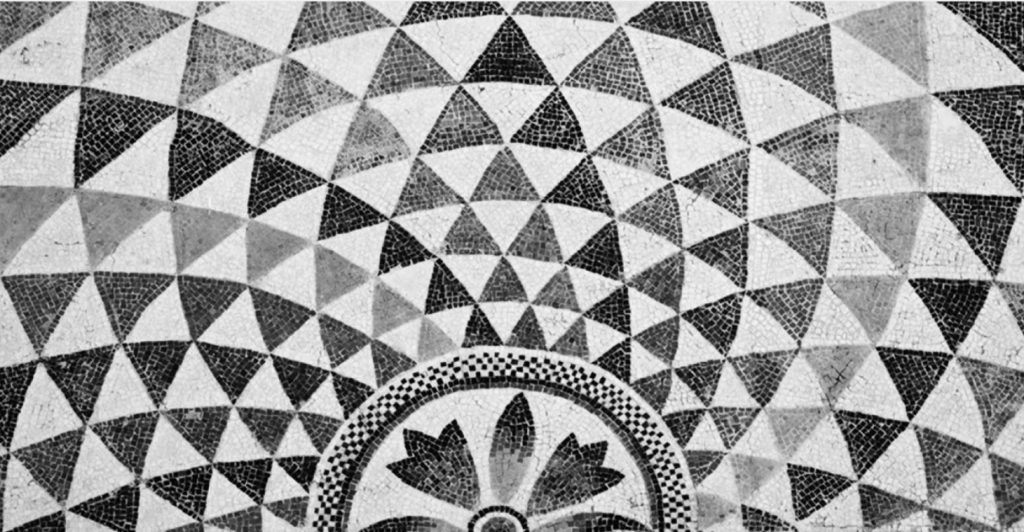Burhán Institute is a nonprofit organization formed to pursue interdisciplinary research, educational activities, and social discourse on unfolding events in the Middle East.
Our Mission
Furthermore, this organization is intended to shed light on challenges and opportunities that these tumultuous events have created for the region and the world at large, and suggest potential scenarios for a peaceful and prosperous way out. The Middle Eastern societies are not a homogeneous entity. Therefore, challenges and opportunities of each country may not be the same. However, despite unique characteristics of each country, certain commonalities and similar historical and geopolitical patterns can be identified and used as a basis for the analysis of the collective issues and interests of the entire region. In brief, the activities of this organization will try to focus on these questions: 1. What needs to be done for peace, reconciliation, socio-cultural progress, and economic prosperity of the Middle East? 2. What does the future hold for the Middle East?
The idea and motivation for the development of this organization stem from our interest in the history and culture of the region and the worrisome prospect of ever increasing terrorism, civil war, and sectarian conflict in the Middle East. The Middle East is so rich in culture and so geopolitically critical for the stability of the international order that it demands to be the focus of continuous study and critical inquiry.

Our Vision
Our goal is to maintain neutrality and objectivity in our activities. Research articles will focus on discussing constructive solutions to endemic issues and problems of the region.
Our critical review of political events, cultural norms, and systems of governance in the Middle East are based on scientific data and reports released by the United Nations or similar international organizations. Sensitive issues are candidly and critically reviewed, but the language and methods of expression have remained respectful to religious sensibility.
Our website will publish comments and research findings on the latest developments in the region, host webinars and discussions, create pod-casts, organize international conferences, and create a venue free of partisan politics for meaningful research and discourse on critical issues that could ultimately help peoples of the Middle East, regardless of their nationalities or religious affiliations. Furthermore, articles will be translated into Arabic, Persian, and Turkish so that they can be easily made accessible to the vast majority of people in the region.
The following characteristics seem to be the nascent features of our work:
- Having both conceptual and practical orientations
- Maintaining an interdisciplinary orientation that is founded on the belief that the issues and challenges in the Middle East are complex, multi-faceted, and intertwined with the labyrinth of global events. Broad and inclusive studies are essential for any meaningful understanding of the history and culture of the Middle East and the geopolitics of the region in relation to the global system.
- Approaching the challenges of the region from within and without. The dynamics of change in the Middle East involve complementary relationships between self-generated awareness and reform from inside and greater expressions of maturity in international order from outside.
- Exploring the direction of events in the Middle East in the context of global historical interactions between system breakdown and system transformation. Critiques of the present situation are juxtaposed with immanent dynamics of change in the Middle East in order to determine possibilities for social transformation in the region. The feasibility of this transformation lies in a sound historical induction. There is ample historical evidence that humanity has been able to mobilize its forces for survival and renewal at the time of grave crisis. The phrase, a sea change describes well the extraordinary character of the crisis in the middle East and the potential for transition from suffering to something else. Crisis, catharsis, and renewal also suggest the three stages sociologist have identified in the processes of social and cultural change.
- Incorporating enlightened historical- hermeneutics approach to examine the role of Islam in shaping prosperous and peaceful societies in the Middle East and its potential contributions to interfaith dialogue and global discourse on development, environmental protection, and collective security.

